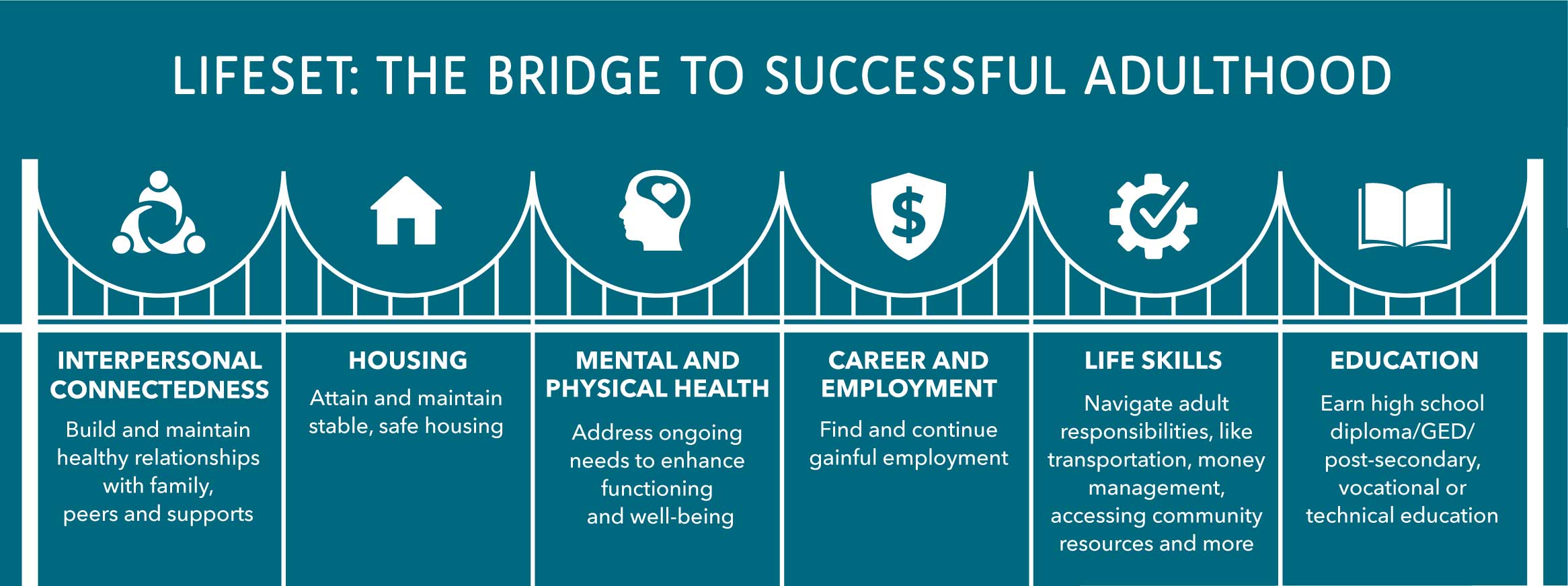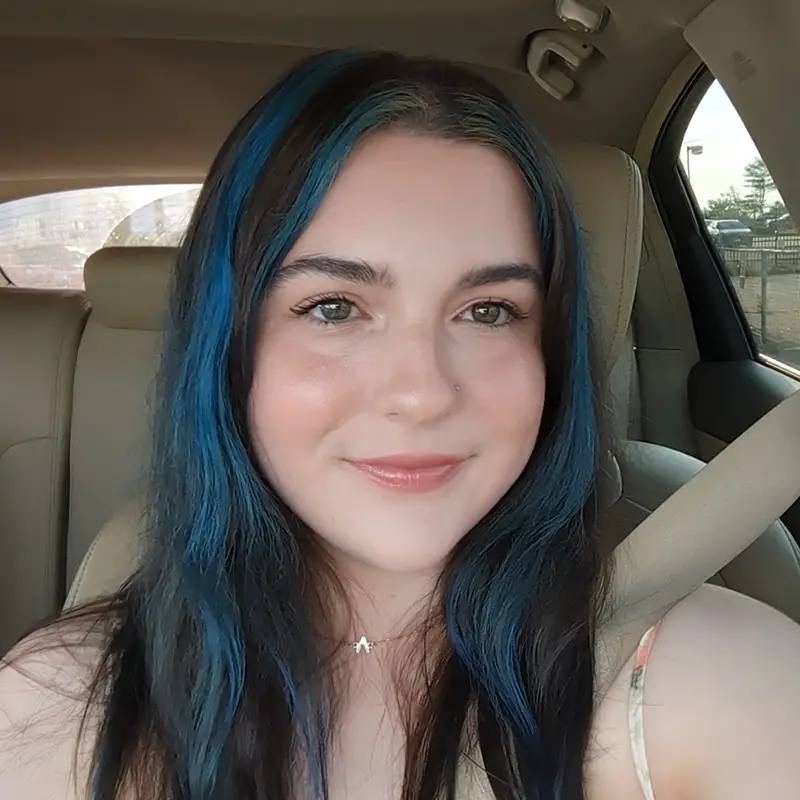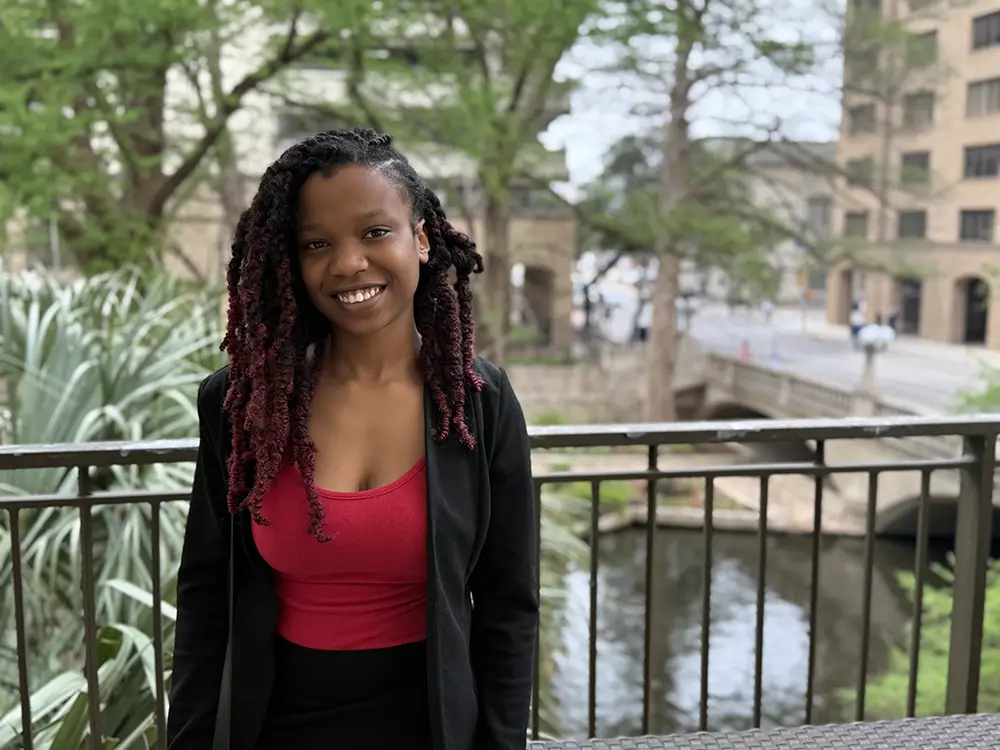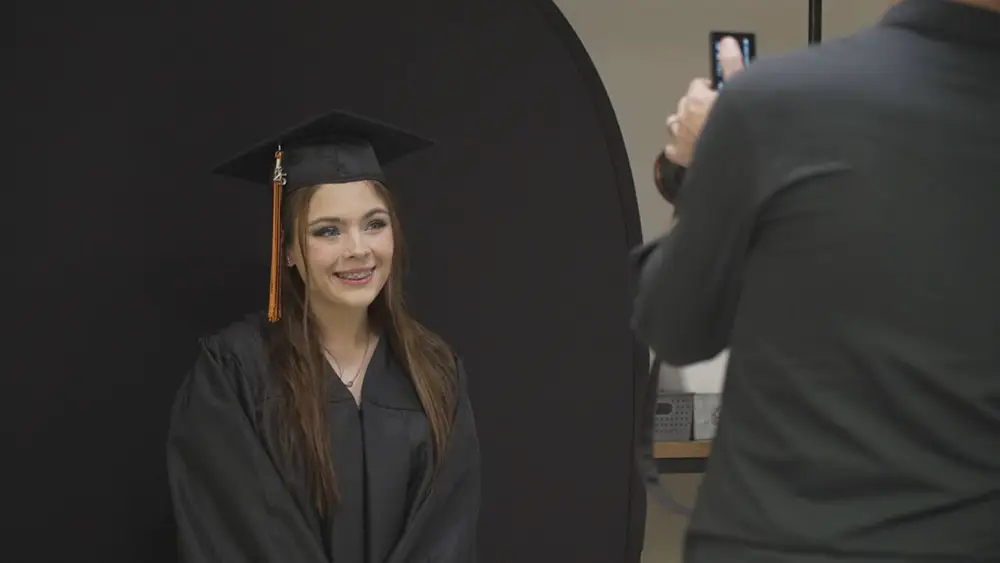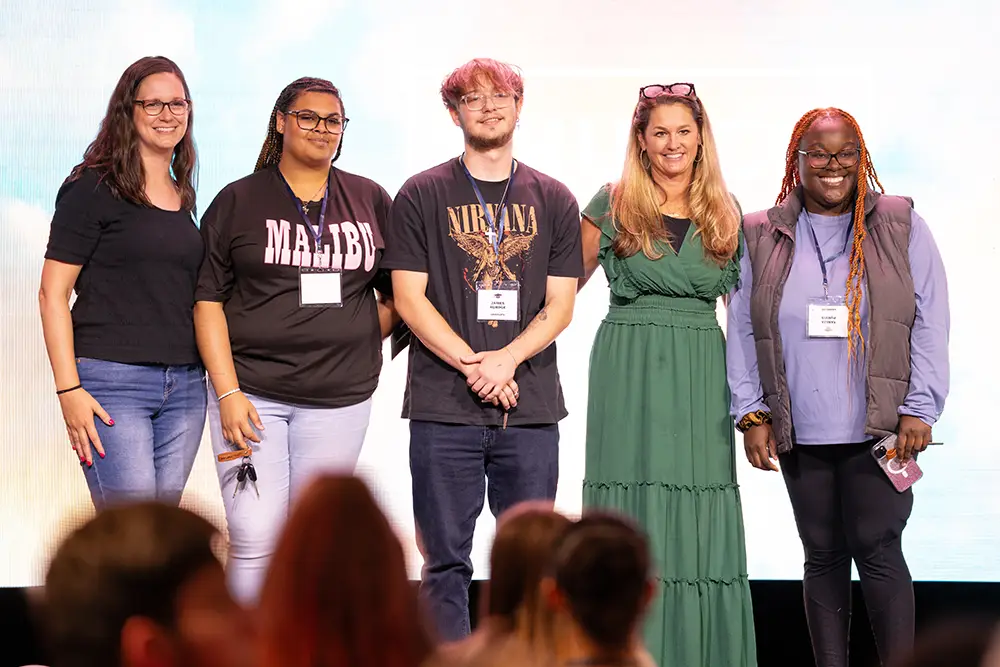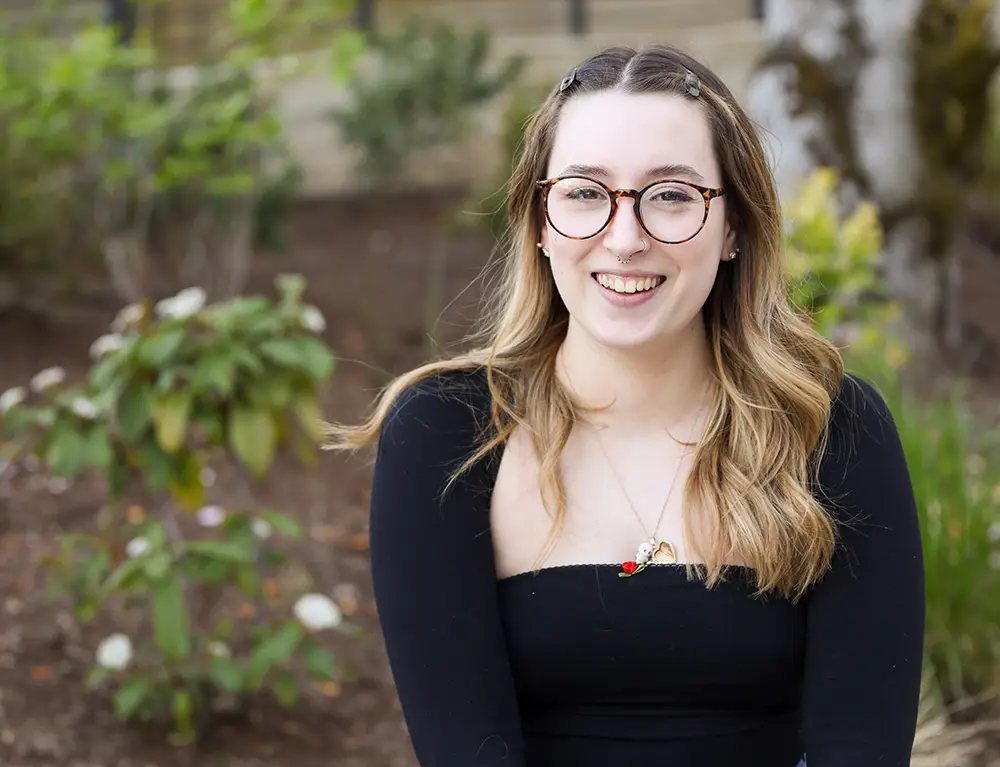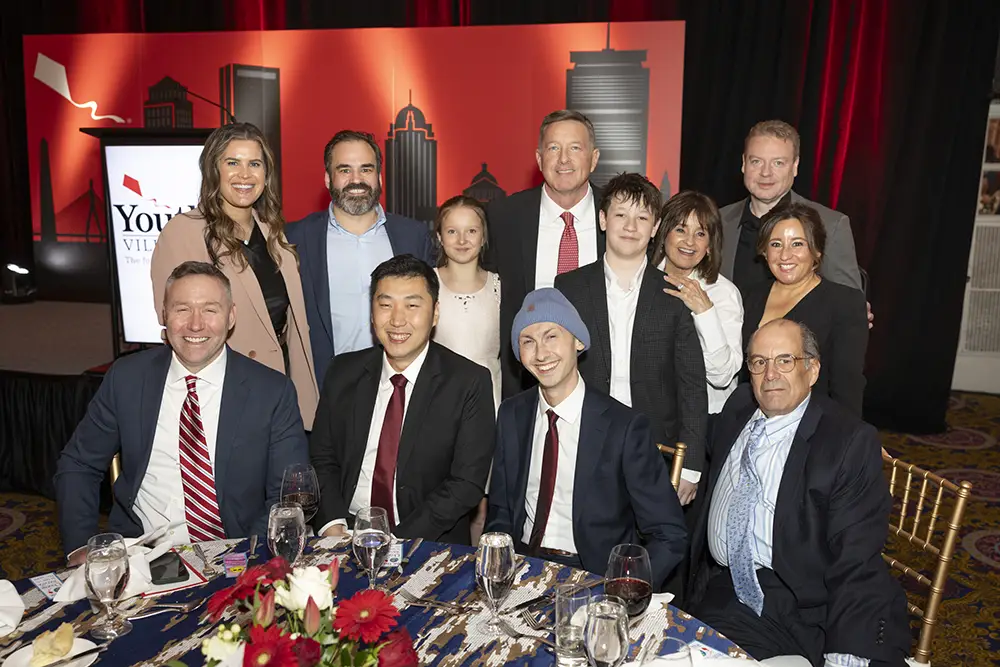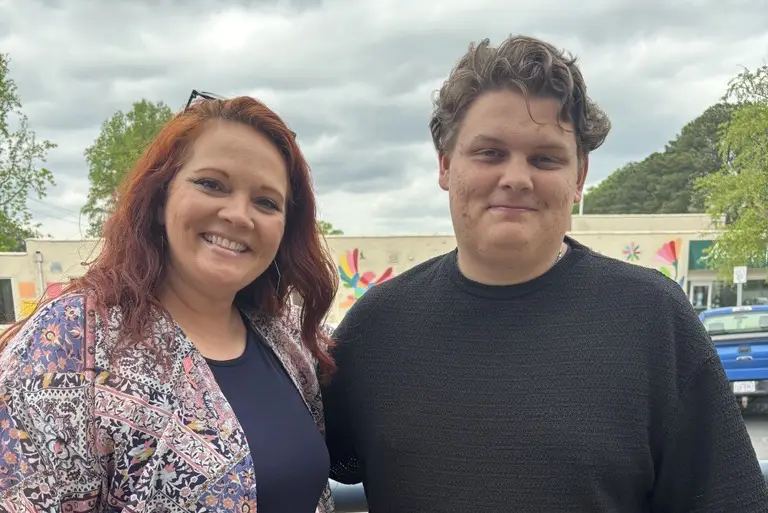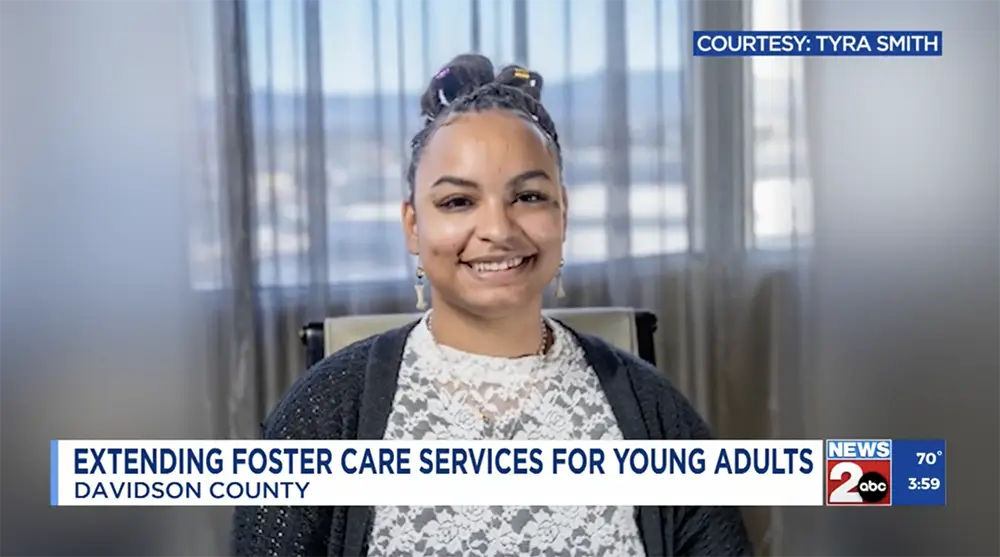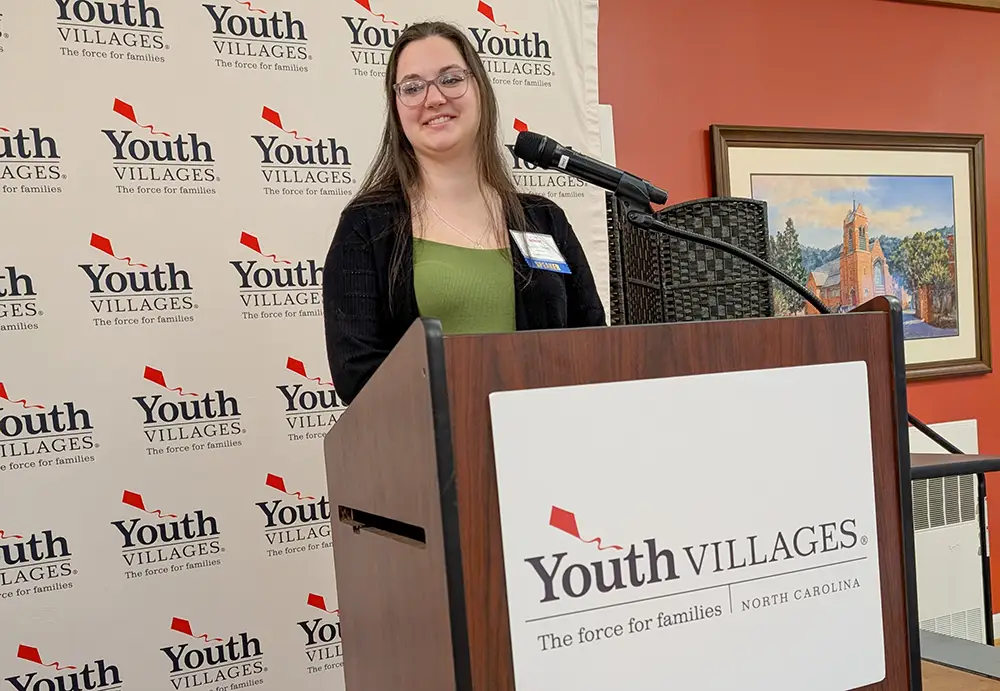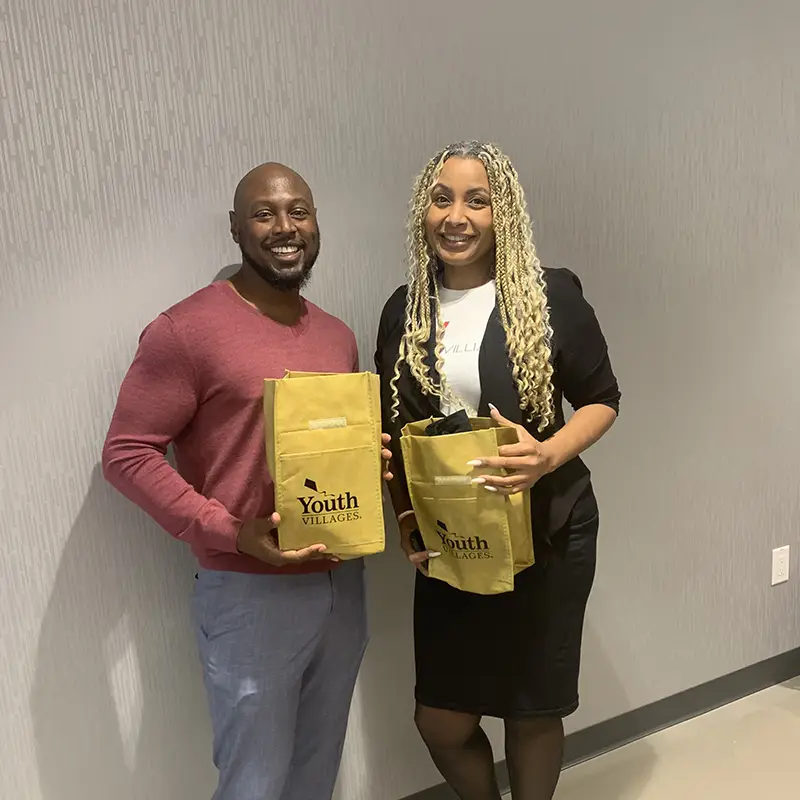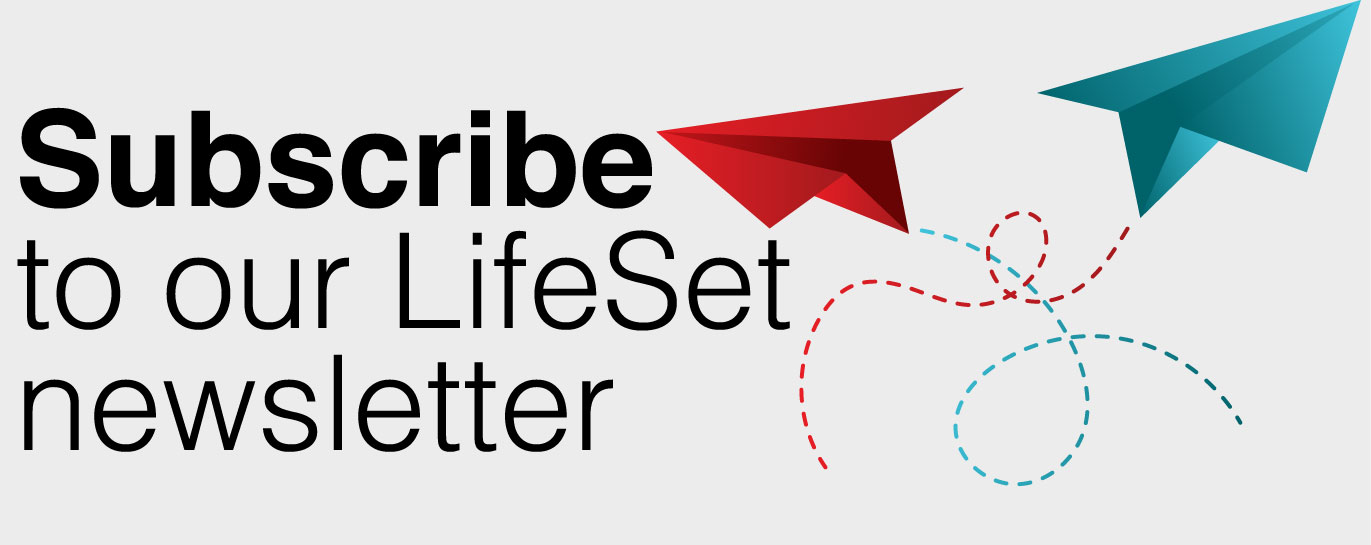LifeSet
Empowering young people from foster care to adulthood.
Every year, approximately 20,000 young people turn 18 in foster care; they need comprehensive support as they transition from state services to independence. With few resources, they must work to overcome the impact of childhood adversity as they navigate the adult world. LifeSet puts transition-age youth in the driver’s seat of their lives with a trained specialist by their side to help them identify and achieve goals.
What is LifeSet?
LifeSet is an individualized, evidence-based community-based program that is highly intensive. LifeSet specialists meet with participants face to face at least once each week. They text, email and call young people regularly throughout the week, when needed. Specialists stabilize even the toughest situations and help young people build healthy relationships, obtain safe housing, education and employment. LifeSet is one of the nation’s first — and now one of the largest — evidence-based programs helping young people who age out of foster care. More than 20,000 young people have helped through LifeSet across the country since the program began in 1999.
Learn more about bringing LifeSet to your jurisdiction.
Working with philanthropic partners, innovative agencies and high-performing nonprofits across the country, Youth Villages is committed to reaching every young person who turns 18 in foster care and needs comprehensive support. LifeSet is a proven program model and has been replicated across the country with fidelity.
Why is LifeSet needed?
Young people aging out of foster care have so much potential, but without family support, many transition-age foster youth struggle to meet even basic adult needs and expectations.
Some statistics:
- Half of older teens who leave foster care age out versus being reunited or connected with a family.
- A third have been removed from their home and placed in foster care multiple times.
- Half have experienced three or more foster care placements.
- A third experienced a group home or institutional placement during their most recent foster care stay.
- Less than a quarter of young people receive services to help them with employment, education or housing.
Statistics from: Jim Casey Youth Opportunities Initiative
Rigorous, randomized study
Leading research firm MDRC found LifeSet program participation increases earnings, economic well-being and employment, reduces homelessness, improves mental health, and reduces domestic and partner violence.
IMPROVED MENTAL HEALTH BY 13%

INCREASED EMPLOYMENT BY 7%

INCREASED EARNINGS BY 17%

REDUCED HOMELESSNESS BY 22%

REDUCED DOMESTIC & PARTNER VIOLENCE BY 30%

REDUCED ECONOMIC HARDSHIPS BY 13%







These results are from a large randomized controlled trial conducted by Manpower Demonstration Research Corporation.
View the full MDRC report.
How is LifeSet different?
LifeSet is applied with proven practices that are supported through expert guidance. It emphasizes one-on-one engagement with a specialist available 24/7, who utilizes experiential learning, teaching life skills that build confidence and a network of support, resulting in a successful transition to adulthood.

CODIFIED MODEL
Individual practices and interventions leading to better progress and accountability.

BEST PRACTICES
Support, training and continuous development of staff to ensure best practices are followed.

Guidetree® - CASE CONCEPTUALIZATION, ONLINE RESOURCES & EXPERT GUIDANCE
LifeSet pairs the ongoing guidance of a master’s level Licensed Program Expert (LPE) with a robust online platform.

ENGAGEMENT
High-intensity engagement — in person, weekly meetings with a LifeSet specialist available 24/7.

ACTION ORIENTED
Proven model with emphasis on experiential learning to accelerate goal completion.

LASTING IMPACT
Opportunities to build skills, confidence and a network of support.
What is Youth Villages’ LifeSet program?
LifeSet is an intensive, community-based program that acts as a bridge from foster care to successful adulthood for young people who turn 18 in foster care. It is a comprehensive program that help young people in many areas of their lives including relational permanency, housing, mental and physical health, career and employment, life skills and education.
Why is helping transition-age youth important?
Right now, more than 424,000 children and young people are living in foster homes across the country, removed from their own families because of incidents of abuse, neglect or crisis. Youth Villages believes that we all have a responsibility to help these children find permanency — to be reunited with their families or adopted — so that they can grow up safe and nurtured.
Still approximately 20,000 young people reach adulthood in child welfare systems around the country every year without family support. They are preparing to leave foster care on their own, and statistics show us that they face an array of negative outcomes. They are more likely to be homeless, less likely to complete their education, less likely to earn a living wage, more likely to have their own children younger.
These young people are resilient and capable, but most struggle in the transition to adulthood, especially when working to overcome childhood adversity.
When and where did LifeSet originate?
The LifeSet program grew from a conversation between Youth Villages CEO Patrick Lawler and Memphis Philanthropist Clarence Day of The Day Foundation in 1998. Day wanted to reach a group of young people who were not receiving the help they needed to be successful. Lawler identified young people who ‘aged out’ of services at age 18. At that time, there were very few programs or services to help them. Youth Villages launched what would become the LifeSet program in 1999 with funding and continued support from The Day Foundation.
LifeSet was one of the nation’s first – and now one of the largest – programs helping young people who reach adulthood in foster care.
What is Youth Villages’ commitment to transition-age youth?
Every year in the United States about 20,000 young people turn 18 in foster care and can ‘age out’ of state. Like all young people, those who have experienced foster care have enormous potential. With support, they can overcome childhood adversity in the critical transition to adulthood. Youth Villages is committed to working with philanthropic partners, innovative agencies, and high-performing nonprofits across the country to help every young person who turns 18 in foster care and needs support make a successful journey from foster care to adulthood.
Is LifeSet an evidence-based program model?
In a randomized controlled trial, leading research firm MDRC found LifeSet program participation increases earnings, economic well-being, and employment, reduces homelessness, improves mental health, and reduces domestic and partner violence. A second randomized trial is about to begin, and quasi-experimental research is also underway.
How many young adults have been served by LifeSet program?
Since 1999, LifeSet has helped more than 20,000 young people. It is the largest program of its type in the United States. Youth Villages will help almost 5,000 young people in transition-age services this year.
Where is LifeSet provided?
LifeSet is now offered through direct Youth Villages services in Alabama, Arkansas, Arizona, Georgia, Kentucky, Mississippi, Massachusetts, New Hampshire, North Carolina, Oklahoma, Oregon, and Tennessee. The LifeSet program model is provided through partnerships with innovative agencies and high-performing nonprofits in Connecticut, Illinois, Louisiana, Missouri, Nevada, New Jersey, New York City, Ohio, Pennsylvania, Washington and Washington, D.C. LifeSet is used as the model for state extension of foster care in Louisiana.
Who can participate in LifeSet?
The program model is designed to help young people age 17 to 22. The requirements for the program differ based on jurisdiction.
What makes LifeSet different than other programs for transition-age youth?
We’ve identified six components of LifeSet that really make a difference to young people.
- Engagement: LifeSet uses an intensive, individualized approach that revolves around an in-person, weekly meeting with a highly trained specialist in the community and 24/7 support.
- Codified Model: While the interventions with each young person are individualized, adherence to a structured model has allowed LifeSet to be effective in rural and urban settings, with youth from different ethnic and cultural backgrounds, in varying states and jurisdictions across the country.
- Best Practices: LifeSet is based on science, evidence and the best practices in child welfare and behavioral health Youth Villages developed LifeSet in 1999 and has 20 years of expertise in helping young people on their journey from foster care to adulthood.
- Guidetree™ – Case Conceptualization, Online Resources and Expert Guidance: LifeSet pairs the ongoing guidance of a master’s level Licensed Program Expert (LPE) with a robust online platform that contains hundreds of evidence-based, evidence-informed, and other best practices interventions and resources.
- Action Oriented: The LifeSet program model emphasizes experiential learning, with specialists practicing skills with the young person and modeling behavior in the real world.
- Lasting Impact: LifeSet gives young people the know-how and confidence to problem-solve, build a network of support and conquer everyday challenges.
What is Needed for a Successful Transition to Adulthood?
Transitioning to adulthood from foster care is one of the most challenging changes a person can make. Many former foster youths have experienced neglect, physical, emotional and sexual abuse, and substance abuse by their biological or foster family. It is estimated that 80% of former foster youth experienced trauma before adulthood.
Here are some qualifiers for a successful transition to adulthood:
Money Management
Undoubtedly, the ability to manage money is a critical skill for anyone. By participating in a LifeSet program, you will learn how financial literacy can help you accomplish your goals in life. Financial literacy is not just about saving and budgeting money but more about developing good money habits and making sound financial decisions for your future.
Self-esteem
Self-esteem is a very important part of the transition to adulthood. LifeSet programs help foster youth build a positive self-image through activities such as exercise, martial arts, and sports. LifeSet instills confidence in foster youth by building strong interpersonal relationships with their peers, mentors, and leadership training.
Employment Skills
Employment skills are used in the workplace. Self-assessments of skills help participants determine the skills needed to succeed in a work environment. Another important skill learned in LifeSet is job readiness. Job readiness is preparing for available jobs that match your skills, interests, and abilities. LifeSet helps foster youth master the job search process, learn how to write a resume and cover letter, prepare for an interview, and create a professional portfolio.
High School Diploma or GED
Many foster youths miss one or more grades and never complete high school. LifeSet helps participants obtain their GED or regular high school diploma. This helps foster youth qualify for jobs and post-secondary education. LifeSet helps participants get their feet wet by allowing them to participate in community service learning experiences at local colleges, universities, and other programs that offer those opportunities to former foster youth.
What is the cost for a young person in the LifeSet program?
It costs about $50 a day to provide the intensive, comprehensive services in LifeSet, and the services last six to nine months. LifeSet is usually provided through public-private partnerships.
Is matching funding available now?
Periodically, grant opportunities are open to public agencies (or private agencies who formally direct distribution of public funds on behalf of the government agency) to cover a portion of LifeSet planning and implementation costs.
How can I bring LifeSet to my jurisdiction?
To find out more about bringing LifeSet to your jurisdiction through direct services or partnerships, please reach out to strategic.partnerships@youthvillages.org.
For additional information or questions, please email us.
lifeset scholars
As a LifeSet participant, transition-aged youth can qualify to receive extra support as they work toward college degrees or vocational certifications.
stories of hope
Helping children and families live successfully
“LifeSet changed everything for me.”
There was a time when Sidney couldn’t imagine what her future would look like. Now, at 19, she’s building one on her own terms, with strength she never knew she had.
From foster care to advocacy: Nykeya’s journey to healing and hope
Youth involved in the child welfare system disproportionately face mental health challenges compared to those living with their parents. According to the National Conference of State Legislatures, 80% of youth in foster care experience a mental health challenge.
Foster youth celebrate educational milestones at special graduation ceremony
FRANKLIN, Tenn. (WTVF) — Approximately 70 foster youth in Middle Tennessee celebrated educational achievements ranging from high school equivalency to college degrees at a special event in Franklin.
From Foster Care to Graduation: Middle Tennessee young adults celebrate educational milestones
More than 70 young adults with experience in the foster care system in Middle Tennessee gathered to celebrate graduations ranging from HiSET (high school equivalency) certificates to post-secondary degrees.
Finding her thread: Nicky gains independence and financial stability
Unlike their peers, many young people who have foster care often lack basic financial literacy skills. While some of these skills are taught in school or other programs, many former foster youth missed out on learning skills such as budgeting, opening bank accounts or filing taxes.
2025 Red Kite Nite
On May 1, the Youth Villages community gathered in Boston for Red Kite Nite, the annual gala supporting the LifeSet program. Thanks to the generosity of supporters, this year’s event raised more than $850,000, helping bring LifeSet to every young adult who needs it.
A foster youth’s rise: Aidan’s journey to stability
Aidan is a student at North Carolina State University with a clear vision for his future. He’s balancing school, work and preparing for life after graduation. On the surface, it’s a typical college experience. But Aidan’s path to this point has been anything but typical.
Tennessee bill to extend foster care benefits to adults 18 to 23 unanimously passes House, Senate
A Tennessee bill with bipartisan support could give more young adults who have aged out of the foster care system the safety net they need, longer. The bill, which comes from Gov. Bill Lee’s administration, would increase the qualifying age to receive benefits under the Extension of Foster Care program from 18 to 21 years old, to 18 to 23 years old.
From foster care to social work: Aaraya’s journey of resilience and purpose
Aaraya is a proud social worker and graduate of Western Carolina University. However, as a youth who experienced foster care, Aaraya’s journey was anything but easy. She endured hardships and struggles faced by many young people navigating the child welfare system.
Georgia Peer-to-Peer LifeSet event focuses on real world and real estate
Speaking to a group of young adults in Youth Villages Georgia’s LifeSet program, Atlanta-area Realtor Meka Wilson tossed out little bags of M&Ms to each youth that participated in the discussion.

